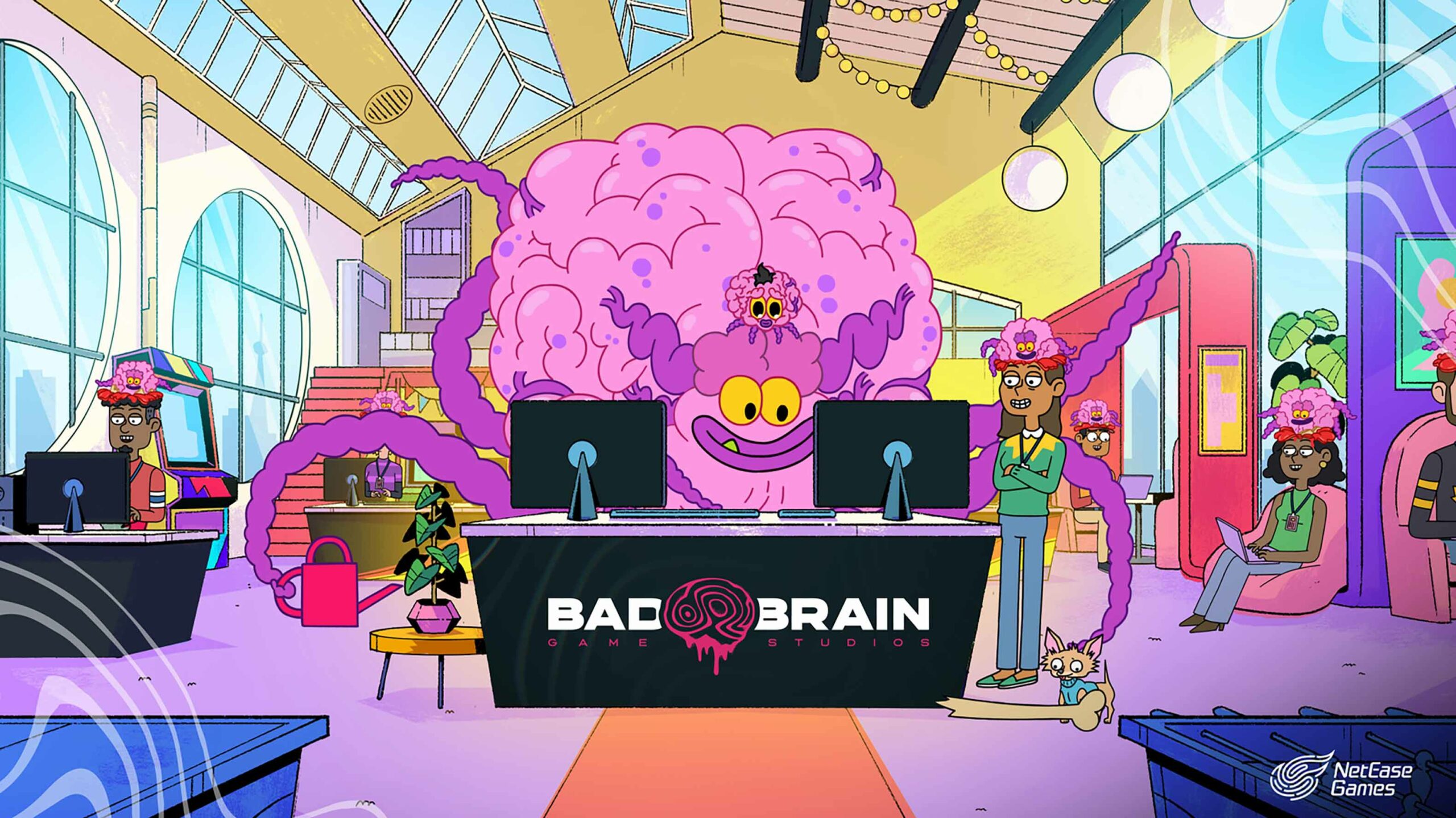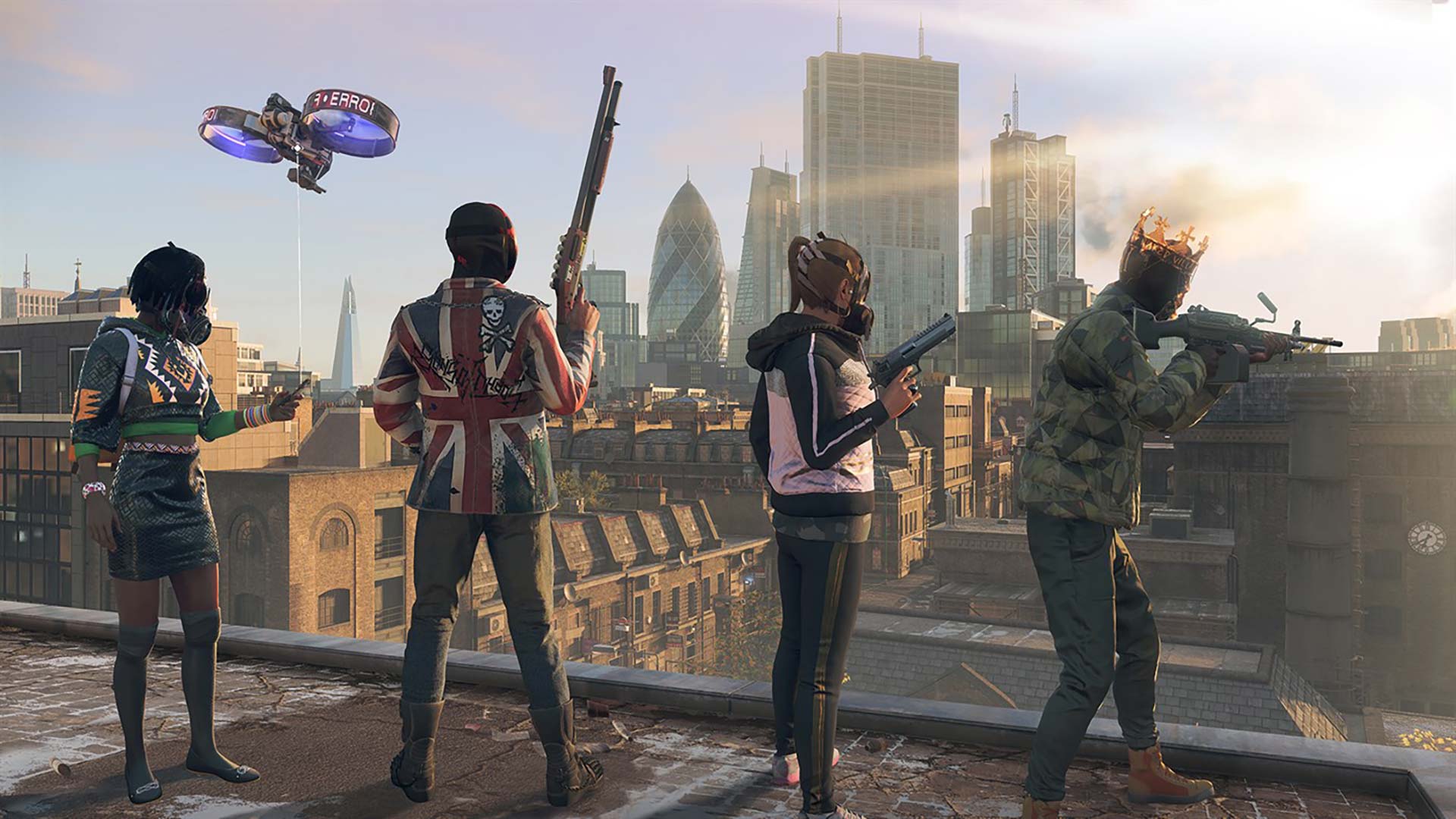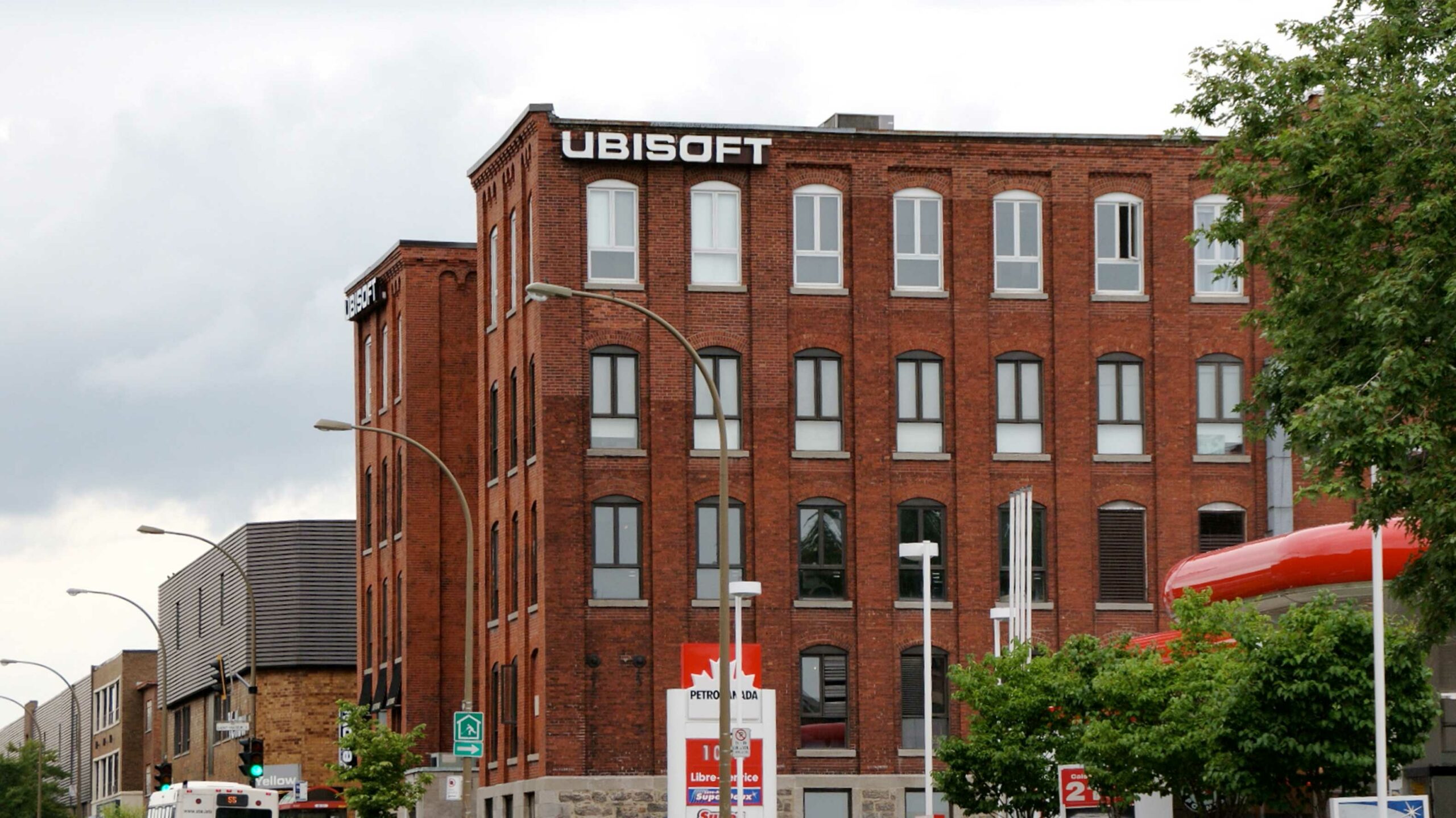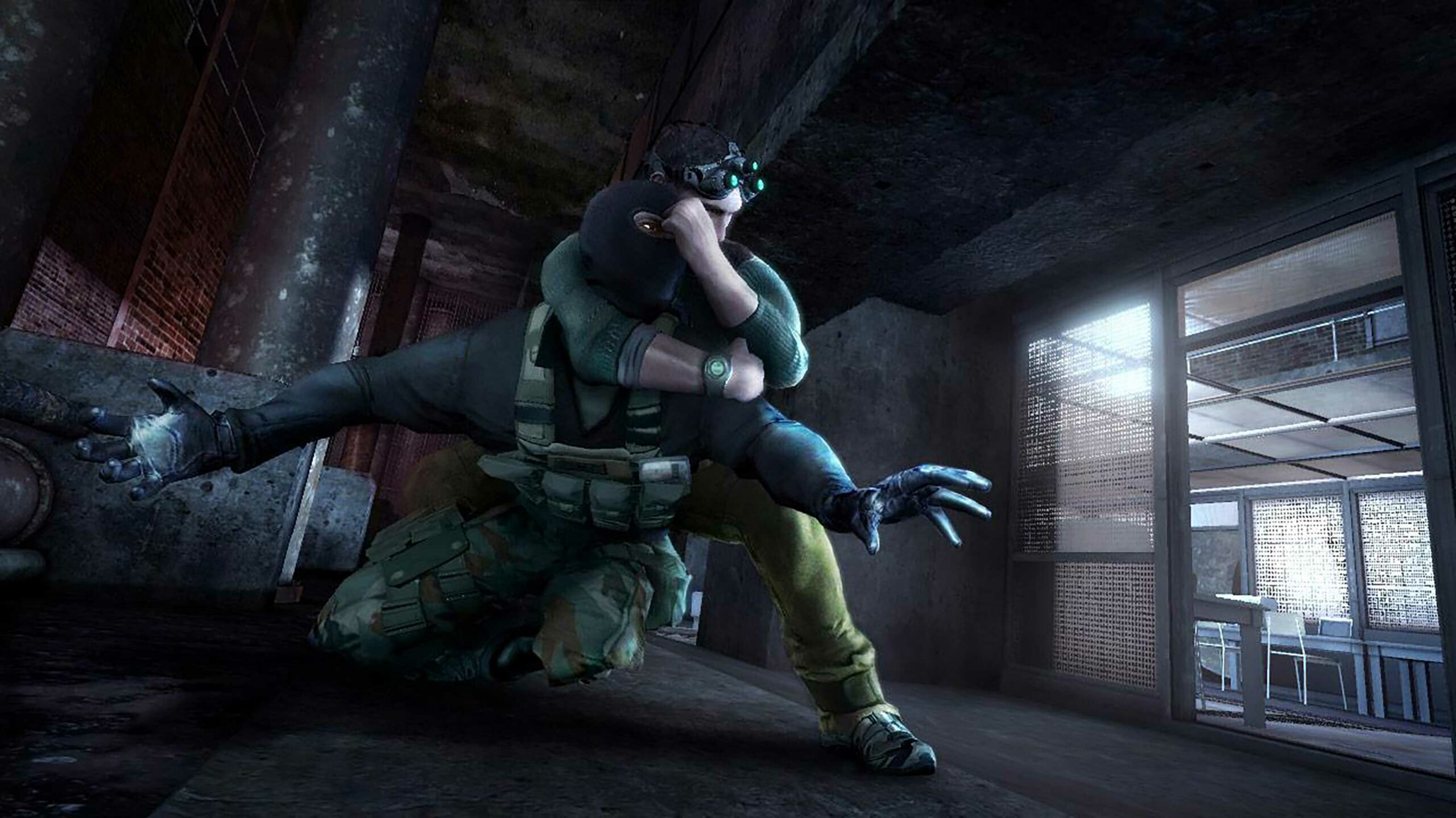
NetEase has opened a new game developer in Canada called Bad Brain Game Studios.
Based in both Montreal and Toronto, the studio is currently working on an untitled new open-world action-adventure IP inspired by ‘1980s cult films.
The team is being led by Sean Crooks, a former Ubisoft Toronto developer who worked on Watch Dogs: Legion, while the project’s creative director (Guillaume Apesteguy) and game director (Danny Belanger) are also fellow Ubisoft alums. Besides Watch Dogs, the developers have worked on such games as Far Cry 2, Driver: San Francisco, Child of Light and Splinter Cell: Conviction. As it stands, the team is around 20 people, but the developer aims to hire dozens more to meet the demands of such a big title.
To learn more about Bad Brain, MobileSyrup sat down with Crooks. He talked about the decision to pivot from Ubisoft to NetEase, the team’s ambitions with a new IP, working in Toronto and Montreal and more.
Question: You previously worked at Ubisoft Toronto. How did you come aboard at Bad Brain and what was it about this venture that appealed to you?
Sean Crooks, studio head: So I came to a point in my career where I felt like I’d look for new challenges. And NetEase had been in contact, we had some discussions, they had some potential options at the studio. But they were also reaching out to many of the developers and other people that I also knew, so we kind of got together at NetEase, and they discussed with us the kinds of things that they were interested in working with us on, and ultimately that boiled down to one key thing they said to us, which has been amazing. It’s: ‘what do you want to make.’ It’s not very often you join or speak with anyone, and they give you that sentence and follow it through to the very end. So they asked that question.

Bad Brain’s team has worked on the likes of Watch Dogs, Far Cry and Splinter Cell. Image credit: Ubisoft
I banded together with colleagues I worked with in the past, we took that question, and we discussed them with NetEase. And that’s basically the beginning of a wonderful story. And now they’ve trusted us, invested in us and set up an incubator for our new studio. And it’s all founded on that simple line of, ‘what do you guys want to make?’ That, for us, has been the key factor. The most important factor for us is you can only make so many games in your life. You start to age — games have a finite length, and we’re all getting old. So to have that question put to us in a way that we just couldn’t turn down was fantastic.
Q: Where did the name ‘Bad Brain’ come from?
Crooks: Very often when we do brainstorms, you have that niggling idea in the back of your head and it’s like, ‘that’s kind of a crazy, rogue, left-field idea.’ But those are the ones that usually end up surprising everyone that when you follow it through to the very end, and making a unique twist does something very surprising on the game are the ones that are kind of off the beaten track. That surprise and delight when you use them. So that’s kind of where the essence came from — we had that similar mindset and the variety of creative people we work with in the past where we had very interesting and different breakthroughs all had that kind of suit of thought. So we just rooted that in the name of the studio.
Q: How did you decide to open studios in both Montreal and Toronto, versus, say, just Montreal, and what does the dynamic and work flow look like between the two offices?
Crooks: I’ve lived in both cities. Currently, I’m in Toronto, but I’ve also spent many years in Montreal. Montreal is probably one of the biggest, if not the biggest, development hubs in the world, actually, with many, many publishers and developers and one of the biggest sources of talent in Canada. So not setting up a studio there would definitely be a mistake. And Toronto is the biggest city in Canada, period. It has many other industries, a very strong tech industry, and also many big developers, like Ubisoft, Sledgehammer and Rockstar. So again, it was a great opportunity to basically say, ‘hey, let’s look at this location also.’
And personally, and some of the members of the team, we’ve worked during COVID lockdowns, and we’ve shipped difficult games to play games during that development time. So we’d already figured out and understood how to work side-by-side at a distance. So I think these days, we’re looking to the future and not back over, and we feel that those barriers that used to be insurmountable aren’t anymore, and we can be a lot more flexible about how we work.
Q: On that note, Canada’s gaming industry is so large and competitive, so what have you been doing to attract talent?
Crooks: Basically, the essence is, as much as possible, to try and portray the culture that you want people to join. When you don’t have a clear game you can talk about, the culture is the most important — the attitude of the employees, the way the company talks about itself. Personally, the kind of ideas, the feelings, how I feel about things, my culture and the team’s culture… all of that merging together in interviews where people can understand and align with what they’re hearing, putting that out there for people. To just see and listen to and make their own decision that ‘this is the culture I want to join.’
Because especially these days, there’s a risk of people working from home fully, it becomes work for hire. And at Bad Brain, that’s not what we want. We want a family. We want people that feel like they belong somewhere. We want to connect with people. Myself, I missed that. So that’s the kind of culture you want to build. That’s how we want to project ourselves. This is why we’re putting out all kinds of crazy assets. And developing games is hard, but we want it to be fun, we want you to enjoy it. We want to take a few creative risks. And if that’s the type of thing that’s up your street, then join us.
Q: A lot of your team so far consists of fellow ex-Ubisoft devs who have worked on big franchises. What are you hoping to bring from your experiences on those titles to this new IP?
Crooks: A lot of us have a background of building big IP, AAA open-world games. Essentially from the narrative to the world design, some of the team members have plenty of experience creating new IPs and new brands. So when you’re saying, ‘Okay, let’s build the project out of our careers, let’s give ourselves a great head start to minimize initial mistakes,’ what’s the smartest move here? You take the excellent skills, the professional skills, the skills that these team members have honed for many years, and the best chance of success and making the best game we can make is to align with those skills. And then also sitting down and saying, ‘great, these are our skills, but actually, personally, what is the greatest game you would ever want to make?’ ‘How do you feel about it?’ Because if people aren’t behind the game we’re making, if it’s aligned with their skills, but it’s not the game they want to make, that doesn’t work, either.
It has to be in your soul — what you want to build, what you want to do. And that’s how we started, actually; we basically floated some ideas that line up with our skills. Some of them weren’t what we wanted to do at all, but then we settled on this concept, and everyone was immediately attached to it. Everyone had that little shine in their eye, everyone suddenly started getting excited. And that’s when you know you’ve got that special thing. It is the game everyone wants to make; these people are going to really be excited about making this. And that aligns well with everyone’s skill set. So that’s kind of how the decision came about.
Q: You said you’re inspired by ’80s cult movies and mixing elements of adventure and horror. What were some of your specifics inspirations?
Crooks: 1980s was a pivotal era and massively impacted me and massively impacted many of the team members and you still feel it heavily in cultural elements today — recent movies such as Top Gun or recent TV shows such as Stranger Things. So it’s a strong point of most of the team’s history or has become very popular and there’s a new base of fans that are already surrounding that era. So that was one of the first things we talked about. And then we started to settle on ideas such as, ‘what if, in an open-world, Stephen King met Steven Spielberg, what would that look like? How fun would that be?’ So then we started bouncing around ideas about what that universe, that world, that experience, would look like. And that’s basically how we came up with the best idea that we have, which is AAA action-adventure, open-world paranormal adventure era set in the late ’80s.
Q: You’re building the game in Unreal Engine 5, in which people have already done some crazy things. What are you hoping to achieve with the engine?
Crooks: There are some pretty important things that UE5 allows us to do. One, it’s a very mature engine in a way that to get the the effects that you desire, you don’t have to take as much risk or build as big of a team. So you can be a lot more focused on what you want to do. Even looking into the future, especially when a lot more people can create games at a higher level of quality because of the skills and tools of that engine, it basically allows us to focus on our edge — what is making us different to everything else.
In the past, just being able to make a game was a feat. The first time we made open worlds, no one else could do it. That was a feat. But now, everyone can or most people are starting to, so you have to focus and hone your edge and I think that’s what the Unreal Engine allows us to do. It allows us to up our game in all the general areas but then spend more time with a more concise team focusing on what the edge of this game will be, the heart of the game, why is it different from anyone else in a world where a lot of people can now challenge on graphics, etc.
Q: What are you most excited about with both the game and Bad Brain as a whole?
Crooks: One of the biggest things that excites me is actually credit to NetEase. NetEase set up an excellent incubation structure where I get tons of business support, PR support, in tons of areas that I wouldn’t necessarily have if I was setting up, say, independently with an investor. A lot more security and additional game support in general.
In the concept of setting up a studio with an investor, the studio head role would look very different. But actually, with NetEase, this means that I can put much more on my time and effort into the game with the team, in the trenches, side by side, practicing this product with them. And that’s what really excited me about the discussions I had with NetEase. The support structure, the additional incubation systems that they have through [NetEase president] Simon [Zhu] and his team have really helped me do that, which, for me, it’s been a little while since I was able to get that close. I’m just very excited about it.
This interview has been edited for language and clarity.
Bad Brain is currently hiring — those interested in applying can do so here.
Image credit: NetEase
MobileSyrup may earn a commission from purchases made via our links, which helps fund the journalism we provide free on our website. These links do not influence our editorial content. Support us here.




